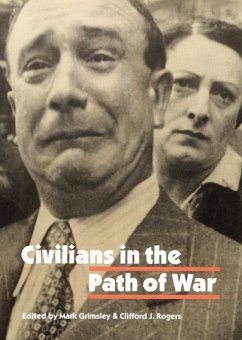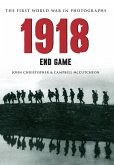"War," wrote Gen. William T. Sherman, "is cruelty, and you cannot refine it." Throughout history, noncombatants have always been among the victims of war's violence. In this book, nine distinguished historians examine twenty-five hundred years of human conflicts and their varied impacts on civilian society. Each case study examines not only what military forces did to noncombatants in the area of their operations, but why they did it and how they justified their actions. The focus, however, remains firmly on the practical realities of war, not on normative theories or the prescriptions of the "laws of war." The patterns that emerge from the nine case studies are not simple ones. Some of the same factors and pressures appear again and again, though the balance among them and the ultimate outcome vary greatly. We see how often devastation has served as a tool of coercive diplomacy, but also how logistic considerations have greatly affected the calculus of pillage versus restraint. The importance of precedent, of culture, of ideology or morality, and of morale become clear. This book addresses crucial issues in an era in which historians have come to appreciate that a full understanding of war must address its victims as well as its victors, and when policymakers are perhaps more concerned than ever with minimizing the impact of war on civilian society.
Hinweis: Dieser Artikel kann nur an eine deutsche Lieferadresse ausgeliefert werden.
Hinweis: Dieser Artikel kann nur an eine deutsche Lieferadresse ausgeliefert werden.








